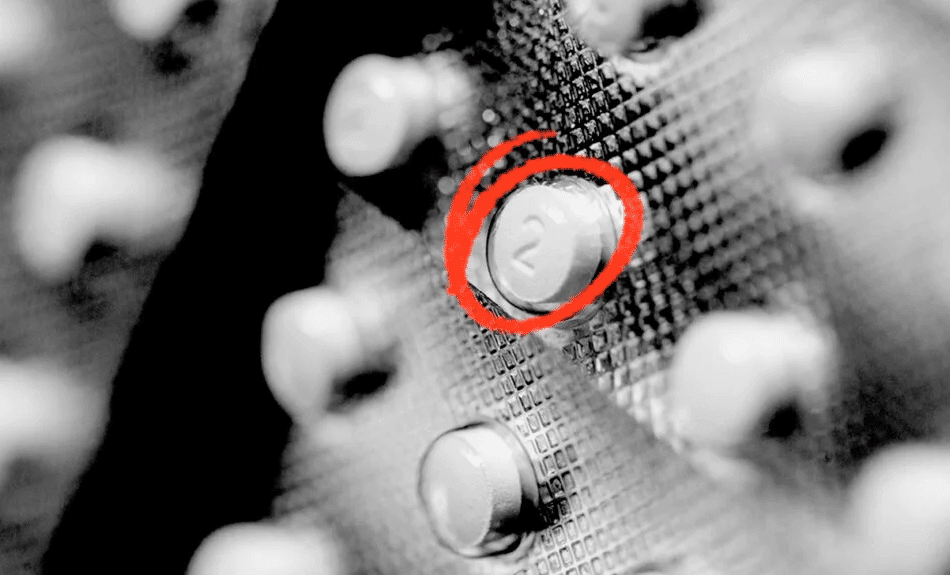Table of Contents
Last updated on August 25th, 2023 at 04:27 am
In the realm of fitness and bodybuilding, the pursuit of the perfect physique often leads individuals to explore various avenues for enhancing their performance and aesthetics. One such avenue is the use of Clenbuterol, a bronchodilator that has gained popularity as a weight loss and muscle-building aid.
While its effectiveness in promoting fat loss and muscle growth is well-documented, there is a darker side to Clenbuterol that cannot be ignored—the array of negative side effects it can trigger within the human body.
In this comprehensive exploration, we’ll delve into the science behind Clenbuterol’s mechanism of action and shed light on the reasons why it can induce a range of adverse effects.
The Allure of Clenbuterol
Clenbuterol was originally developed to treat asthma and other respiratory disorders. However, its ability to stimulate beta-2 adrenergic receptors led to its adoption as a performance-enhancing drug. Athletes and bodybuilders turned to Clenbuterol to experience its dual effects: enhancing metabolic rate to facilitate fat loss and promoting anabolic activity to support muscle growth.
Mechanism of Action
Clenbuterol operates by binding to beta-2 adrenergic receptors, which are present in various tissues, including muscles and adipose (fat) tissue. When these receptors are activated, a cascade of cellular events is set in motion:
- Increased Metabolism: Clenbuterol stimulates the mitochondria within cells to increase the rate of cellular metabolism, resulting in higher energy expenditure. This effect is appealing to those seeking rapid fat loss.
- Thermogenesis: The drug induces thermogenesis, causing the body to produce more heat. This process, while aiding fat burning, can also lead to elevated body temperature and excessive sweating.
- Anabolic Activity: Clenbuterol also influences protein synthesis and muscle growth by enhancing the availability of certain amino acids. This dual action makes it attractive to individuals looking to enhance their lean muscle mass.
The Dark Side: Negative Side Effects of Clenbuterol
- Cardiovascular Strain: Clenbuterol’s stimulation of beta-2 receptors in the heart can lead to increased heart rate (tachycardia) and irregular heartbeats (arrhythmias). Prolonged use can potentially elevate the risk of more serious cardiovascular issues. Even in some rare cases, this drug may cause a heart attack.
- Nervous System Stimulation: The drug’s impact on the central nervous system can cause nervousness, anxiety, tremors, and even headaches. These effects can be unsettling and detrimental to overall well-being.
- Electrolyte Imbalance: Clenbuterol can disrupt the balance of electrolytes such as potassium, leading to muscle cramps, weakness, and, in severe cases, cardiac complications.
- Insomnia: The drug’s stimulatory effects can interfere with sleep patterns, leading to insomnia. Quality sleep is essential for recovery and overall health, making this side effect particularly concerning.
- Respiratory Distress: Paradoxically, despite its origins as a bronchodilator, Clenbuterol can cause respiratory distress, making breathing difficult for some users.
In closing
While Clenbuterol’s allure as a performance-enhancing drug is undeniable, it’s crucial to acknowledge the potential negative consequences it can unleash on the human body. The activation of beta-2 adrenergic receptors, which triggers its desired effects, also leads to a range of adverse reactions that can jeopardize one’s health and well-being.
As individuals strive to attain their fitness goals, it’s imperative to prioritize long-term health over short-term gains. Exploring natural and sustainable methods of fat loss and muscle growth, under the guidance of health professionals, can help achieve desired outcomes without subjecting the body to the risks posed by Clenbuterol.






